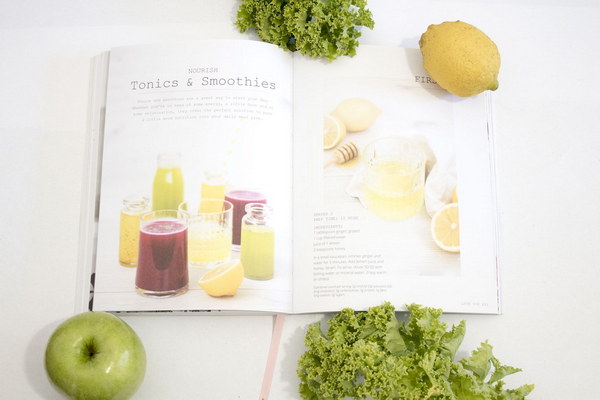Revitalizing Liver Health Essential Tips for Nurturing Your Liver When Functioning Poorly
Introduction:
Liver dysfunction can be a challenging condition, affecting both physical and mental well-being. The liver plays a crucial role in filtering toxins, metabolizing nutrients, and producing bile. When it's not functioning properly, it can lead to a range of health issues. In this article, we will explore essential tips to nurture your liver and promote its health when it's not functioning optimally.
1. Maintain a Balanced Diet:

A well-balanced diet is vital for liver health. Incorporate the following foods into your daily meals:
- Leafy greens: Spinach, kale, and Swiss chard are rich in antioxidants and vitamins that support liver function.
- Cruciferous vegetables: Broccoli, cauliflower, and Brussels sprouts contain sulforaphane, a compound that enhances liver detoxification.
- Nuts and seeds: Almonds, walnuts, and chia seeds are excellent sources of omega-3 fatty acids, which aid in reducing inflammation.
- Citrus fruits: Oranges, lemons, and limes contain vitamin C, which helps in the production of liver detoxification enzymes.
- Berries: Strawberries, blueberries, and raspberries are rich in antioxidants that protect liver cells from damage.
2. Stay Hydrated:
Drinking plenty of water is crucial for liver health. It helps flush out toxins and aids in digestion. Aim to drink at least 8-10 glasses of water per day, and more if you are physically active or live in a hot climate.
3. Limit Alcohol Consumption:
Excessive alcohol consumption is a leading cause of liver disease. If you have liver dysfunction, it's essential to limit your alcohol intake or avoid it altogether. Even moderate alcohol consumption can worsen liver problems.
4. Exercise Regularly:
Regular exercise promotes overall health and can help improve liver function. Aim for at least 150 minutes of moderate-intensity aerobic exercise or 75 minutes of vigorous-intensity exercise per week. Exercise can also help control weight, reduce inflammation, and improve insulin sensitivity, all of which are beneficial for liver health.
5. Manage Stress:
Chronic stress can affect liver function. Practice stress-reducing techniques such as meditation, yoga, deep breathing exercises, or engaging in hobbies that you enjoy.
6. Get Adequate Sleep:
Poor sleep quality can impact liver function. Aim for 7-9 hours of quality sleep per night to allow your body to repair and regenerate.
7. Avoid Over-the-Counter Medications and Supplements:
Certain over-the-counter medications and supplements can put additional strain on your liver. Always consult with a healthcare provider before taking any new medication or supplement, especially if you have liver dysfunction.
8. Consider Natural Liver Support Supplements:
Some natural supplements may help support liver health, including:
- Milk thistle: A herb known for its liver-protective properties.
- Artichoke: Rich in antioxidants and helps stimulate bile production.
- Turmeric: Contains curcumin, a compound that has anti-inflammatory and antioxidant effects.
Conclusion:
Nurturing your liver when it's not functioning properly requires a holistic approach. By maintaining a balanced diet, staying hydrated, limiting alcohol consumption, exercising regularly, managing stress, getting adequate sleep, avoiding unnecessary medications, and considering natural liver support supplements, you can help improve your liver health and reduce the risk of further complications. Always consult with a healthcare provider before making any significant changes to your diet, lifestyle, or medication regimen.









